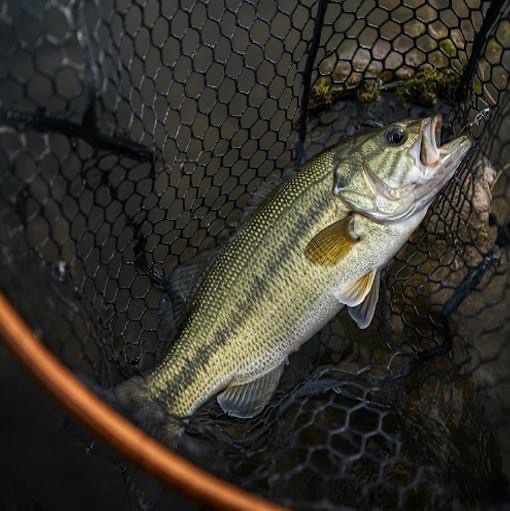Taking Care of Your Catch: Fish Handling Tips From The Arkansas Game & Fish
Want to make sure the fish you catch stay healthy? Follow these simple tips for proper fish handling to make sure your released fish is available to be caught another day.
Don’t Over-Tire the Fish: It is important that anglers don’t stress the fish with a lengthy battle, especially in the warm summer months. Anglers should do their best to get the fish to the bank or boat as quickly as possible so the fish isn’t exhausted by the time it is released.
Grab Your Net: Anglers should land their catch with a soft, rubber-coated net as this is the best way of securing your catch and protecting the fish. Fish flopping on the bottom of a boat, bank, or in a rough net can lose their slime coat, which is important for protecting the fish against parasites, bacteria, and disease.
Wet Your Hands: Wetting your hands before handling your catch can help protect the fish’s slime coating.
Minimize Air Time: Fish breathe underwater! Anglers should keep the fish in the water as much as possible. If taking a picture, please keep the fish in the water while you get your camera ready and then take the picture quickly.
Avoid the Gills: Never lift or hold a fish by its gills. Gills act like the lungs of a fish and are important for oxygen exchange. Damage to the fish’s gills can cause difficulty breathing and bleeding.
Don’t Tug on the Hook: Anglers should take care when removing the hook. When a fish is deeply hooked or “gut hooked”, don’t try tugging on the hook with pliers or using a hook disgorging tool. The best practice is to cut the line of the hook and release the fish. Studies have shown that cutting the line and leaving the hook is less harmful to the fish, as fish are able to naturally dissolve or dislodge the hook over time. Survival of Smallmouth Bass has been shown to be 100% when the hook was cut, rather than removed from a deep hooked fish.
Allow Time to Recover: If a fish is exhausted from being caught, give it time to recover by gently supporting its tail and holding it upright in the water. Most fish are able to move water past their own gills, so it is often not necessary to move the fish back and forth, but do encourage a forward, upright motion until the fish is ready to swim off. If fishing in a river or stream, try to keep the fish facing the current, but avoid putting it back in areas of fast or turbulent flow. Overall, the priority should be to minimize the handling of the fish and send the fish off as soon as it is ready to swim away.
❄️And remember, just because the weather’s a bit nippy doesn’t mean the fish aren’t biting! Arkansas offers fantastic winter fishing opportunities. So bundle up, grab your gear, and enjoy the serenity of the water and the thrill of the catch. You might even have your favorite fishing hole all to yourself!
